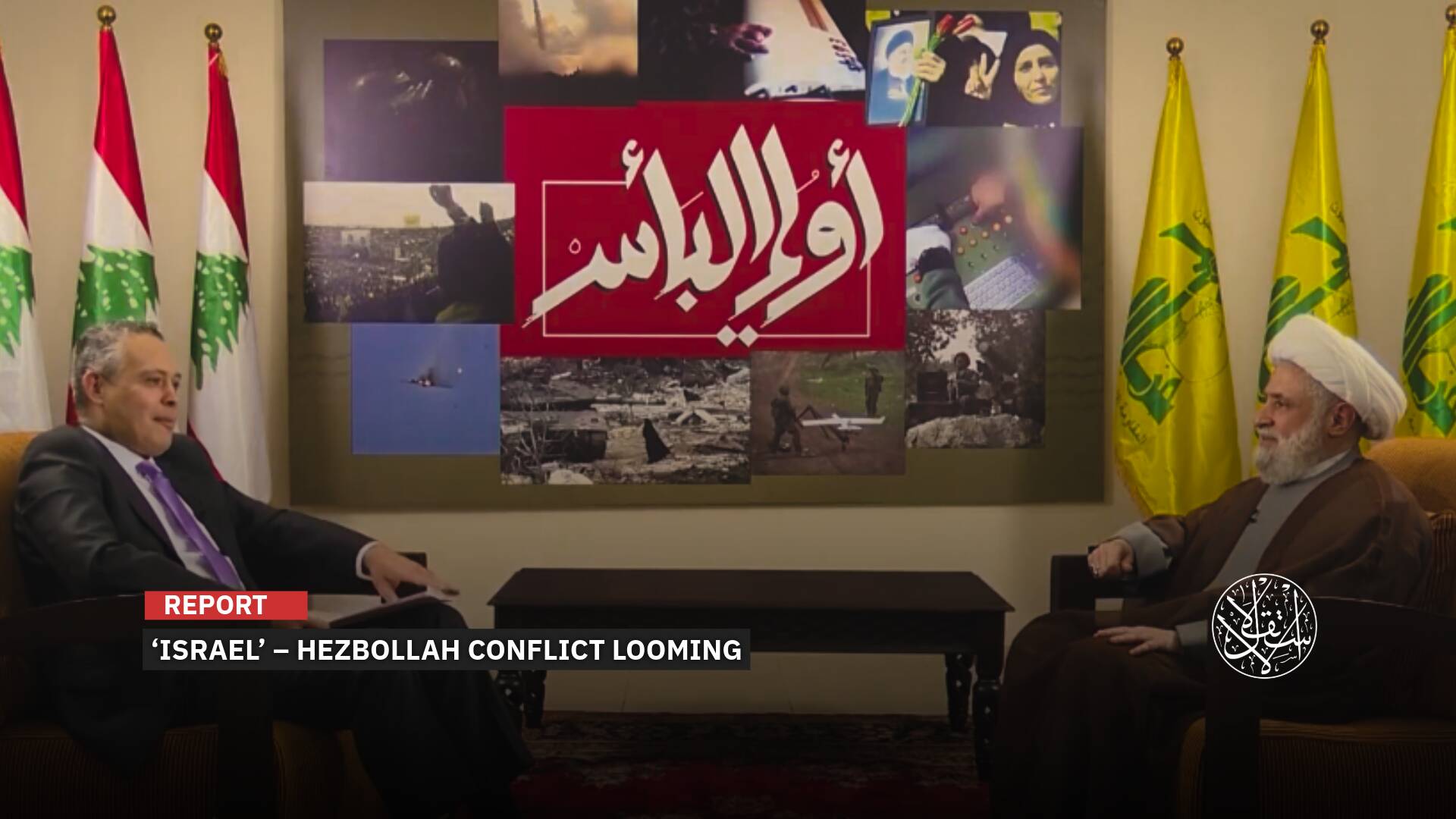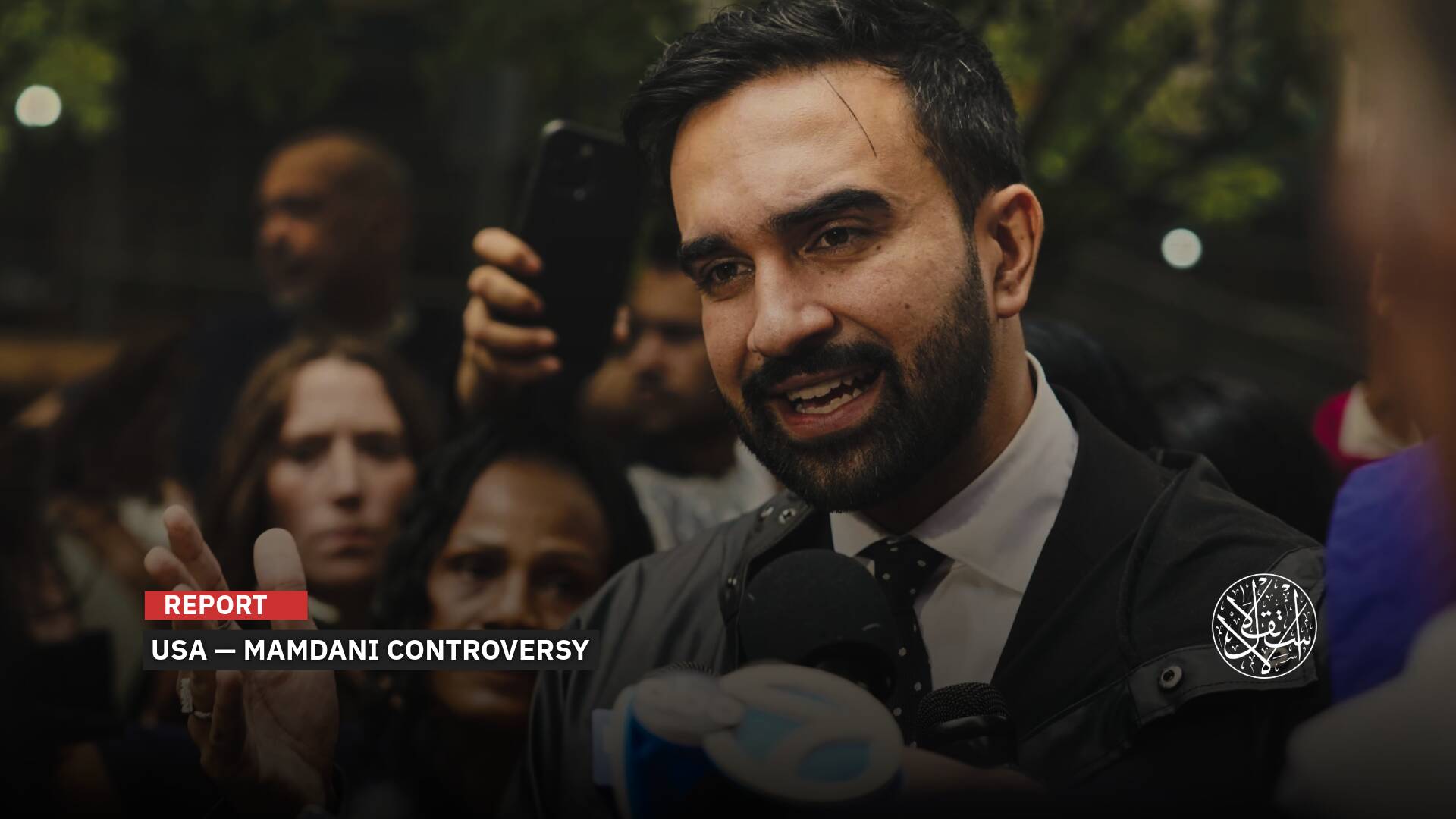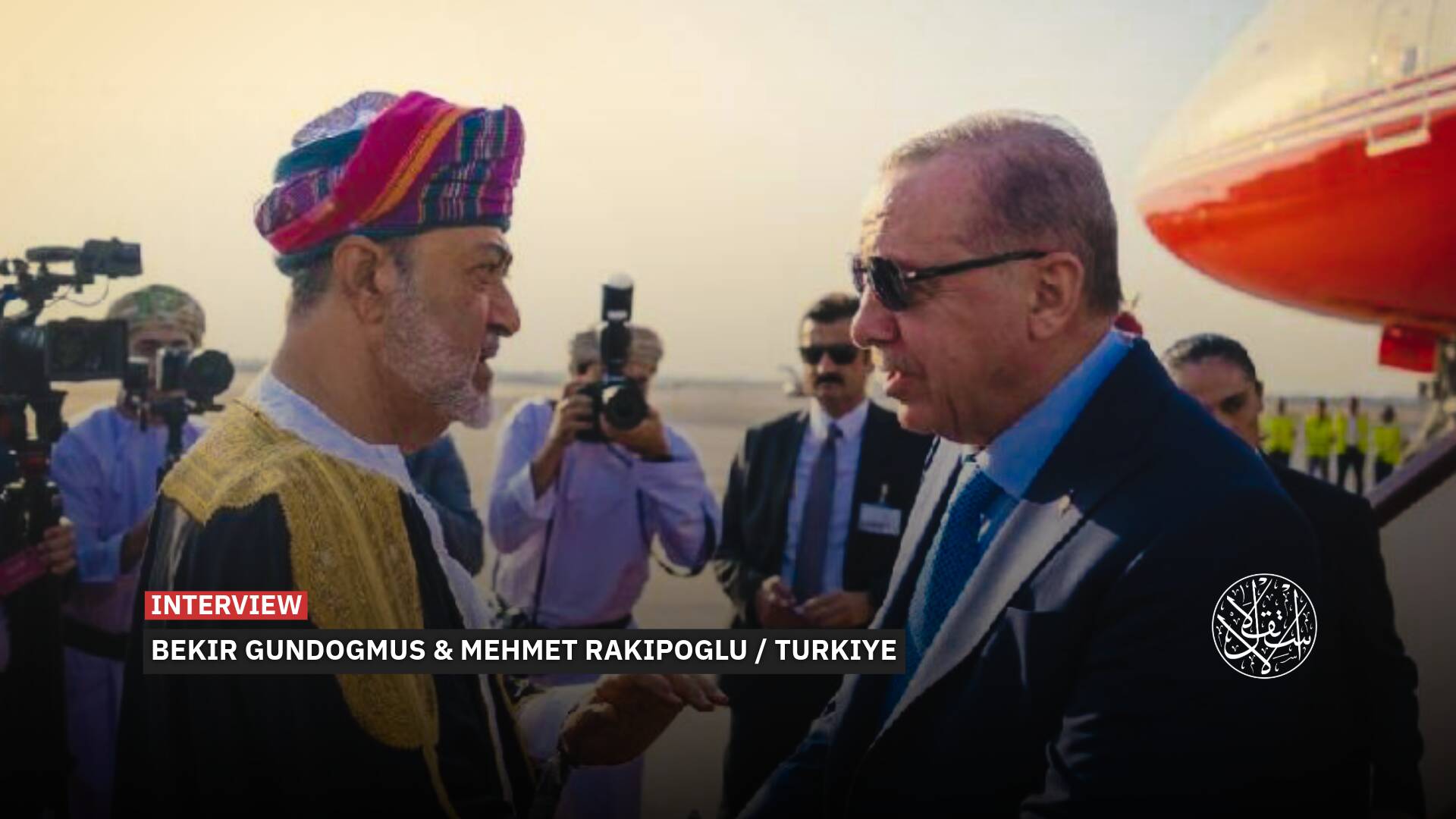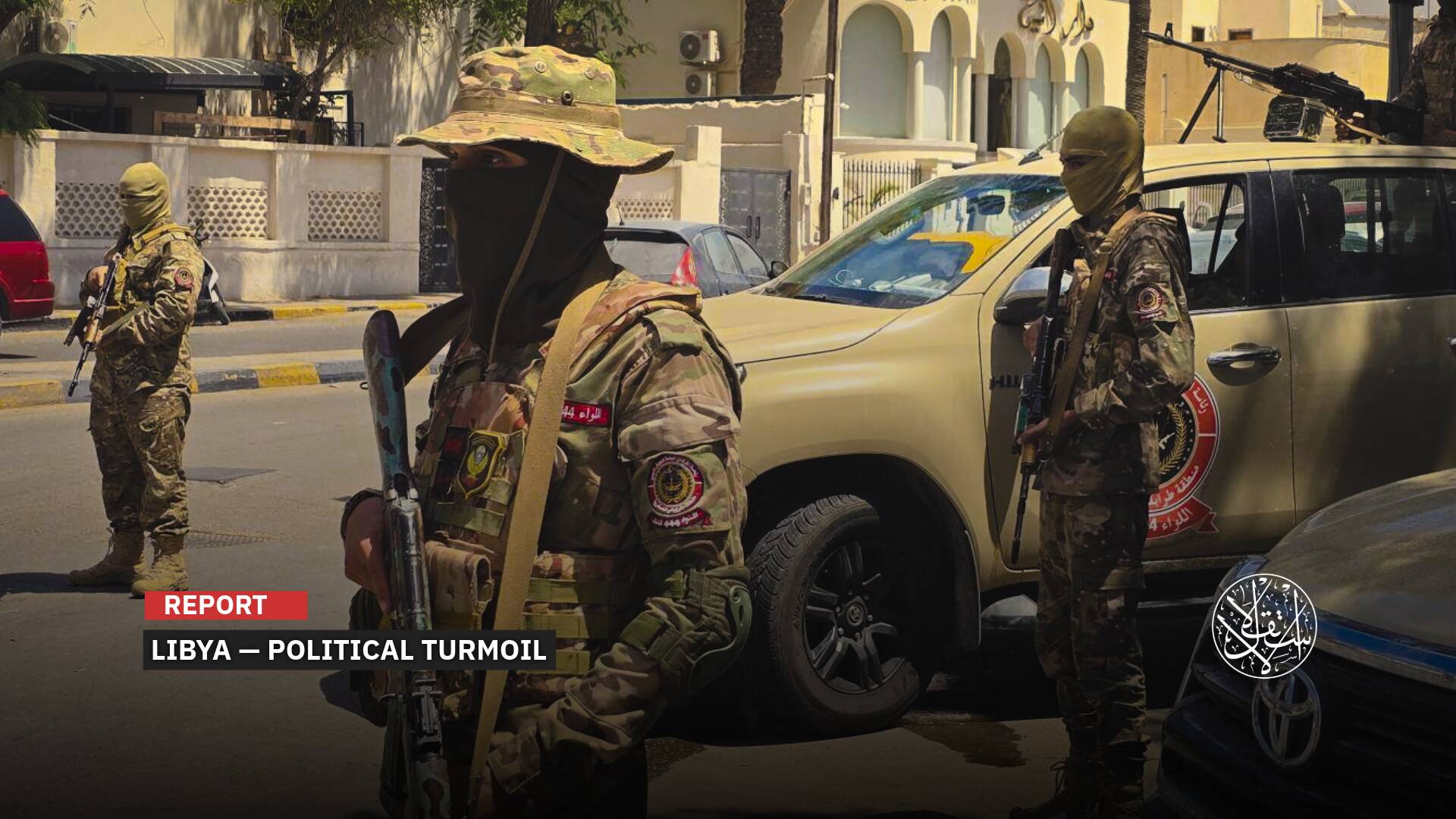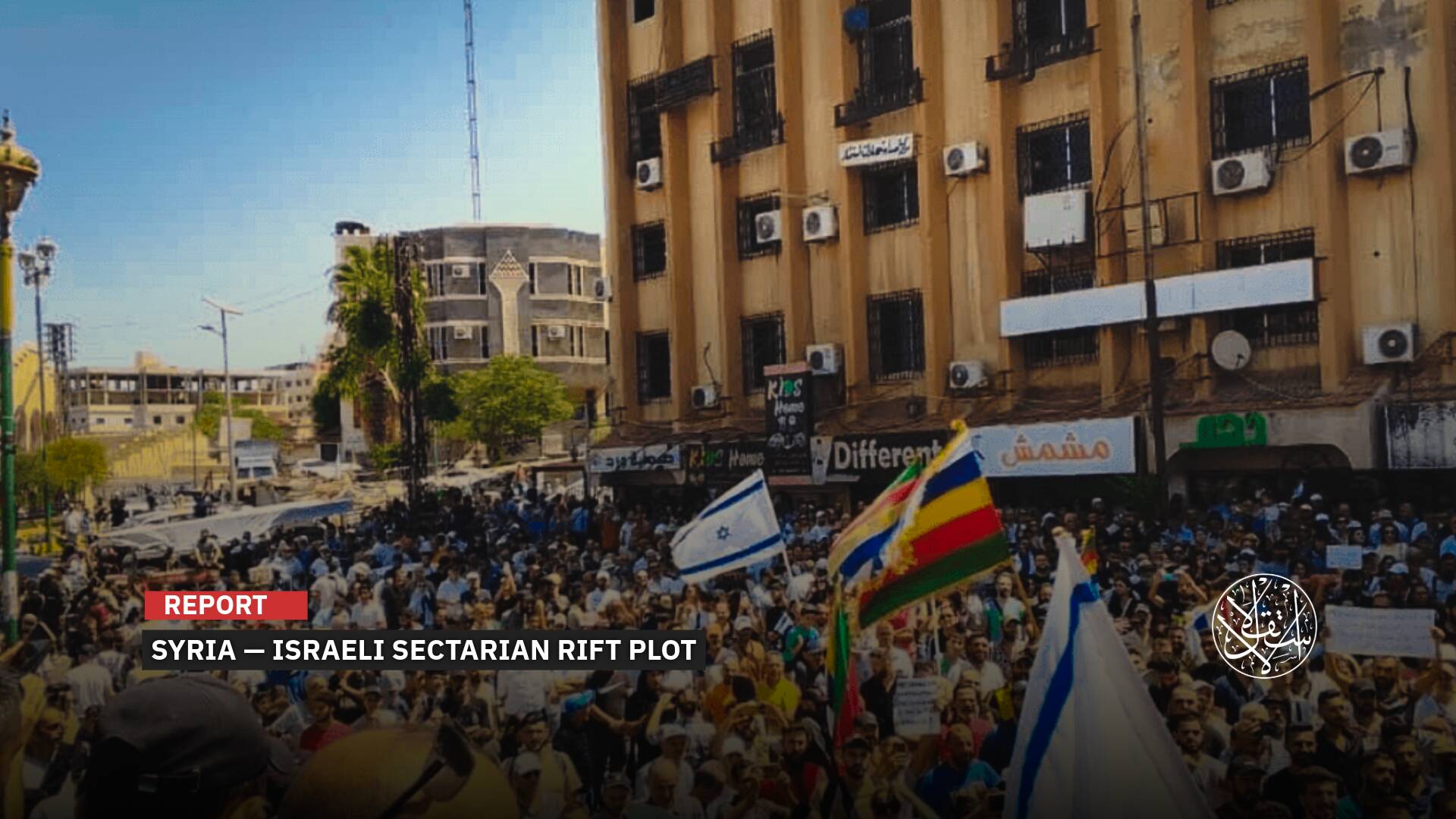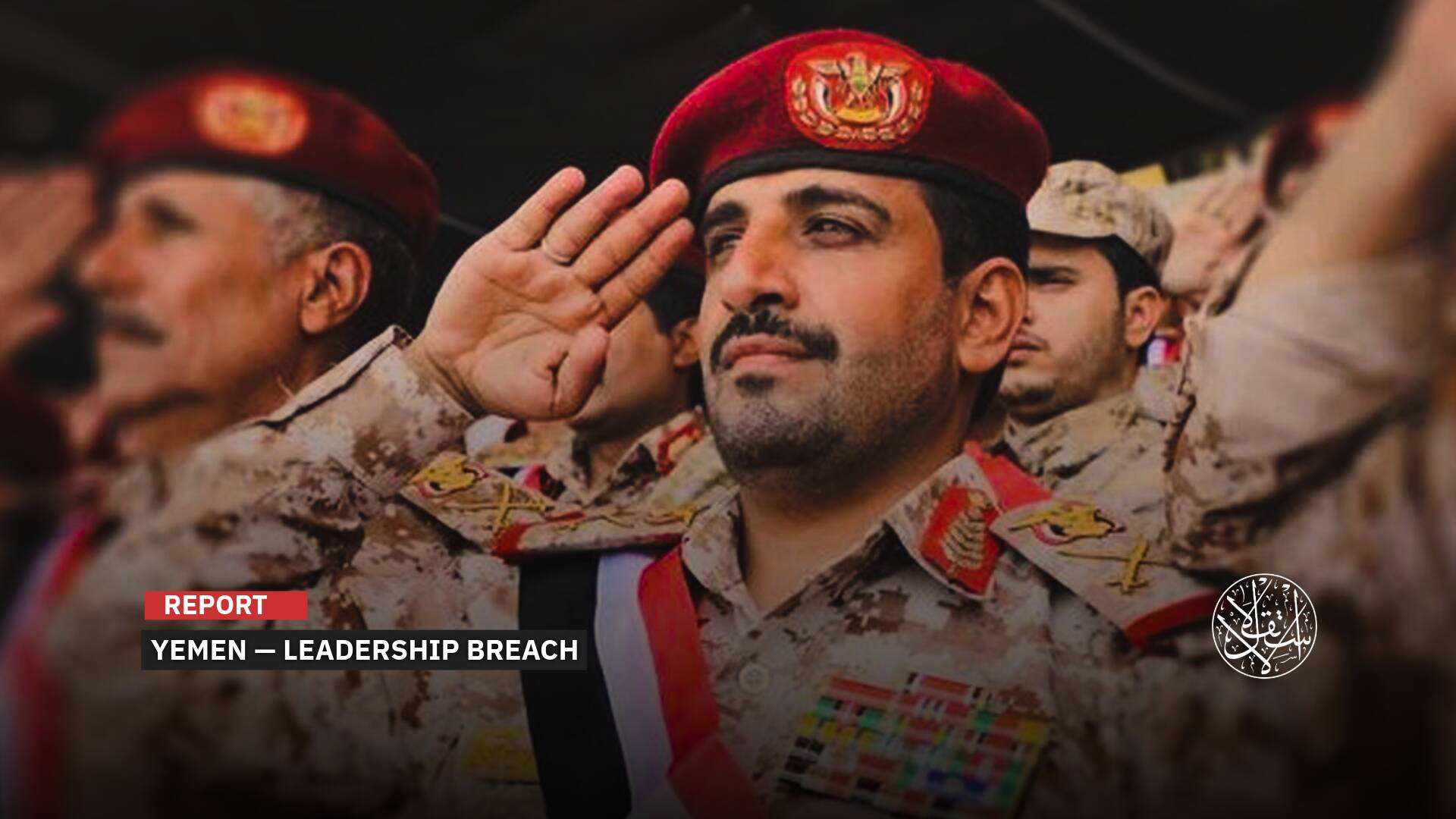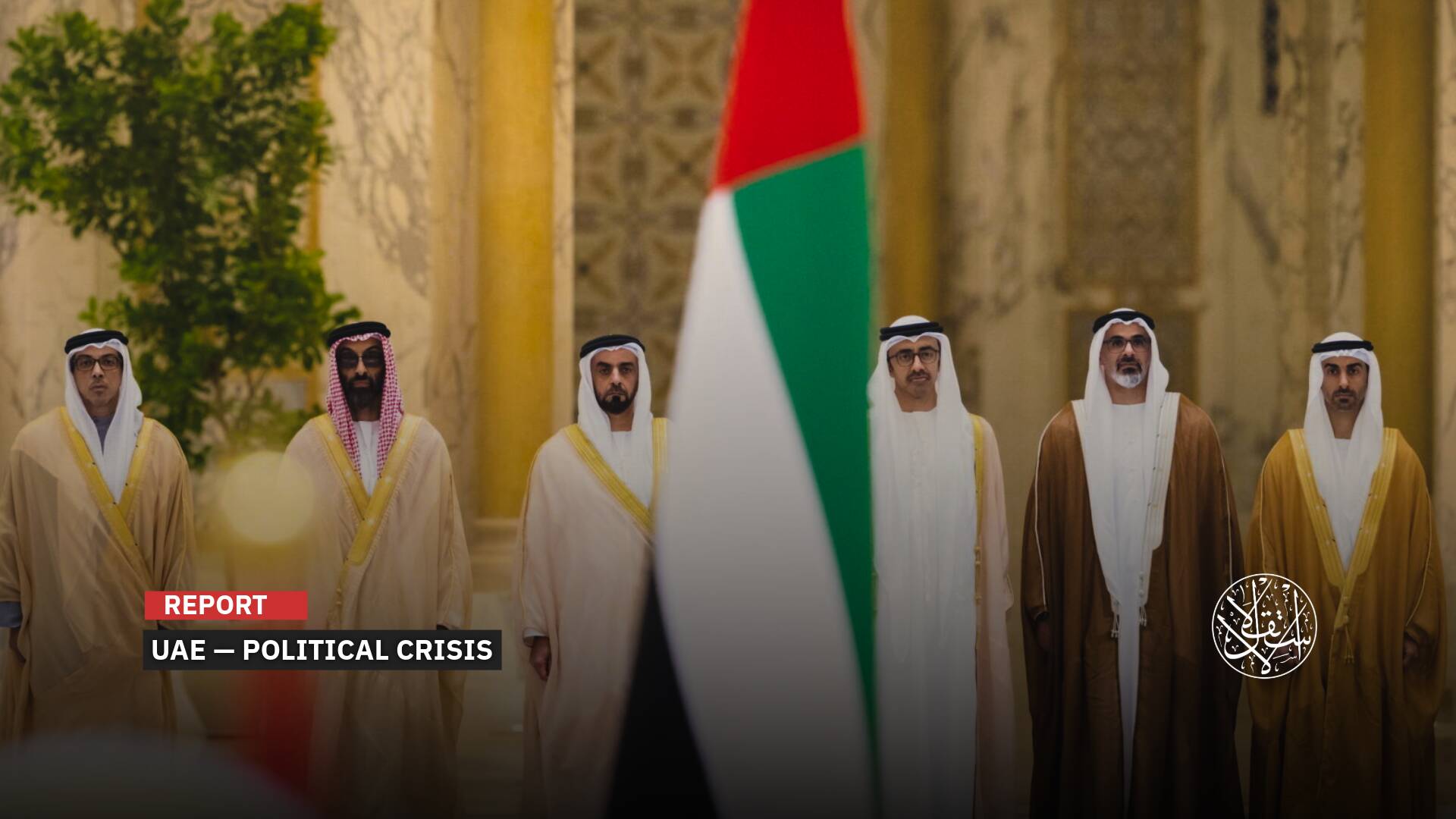Outcomes of the Rome Conference on Combating Irregular Migration: Genuine Development or Security Approaches?

At the conclusion of the conference held in the Italian capital, the Rome Process initiative was launched to address the root causes of irregular migration.
Officials from Mediterranean and Middle Eastern countries, as well as African nations, gathered in Rome to take steps to confront the increasing flow of migrants toward Europe.
The Most Prominent Results
The final statement of the Rome Conference on Migration and Development, held on July 23, 2023, revealed that the participants agreed to provide the necessary funding for the development of asylum-seeking countries and transit nations.
The participating parties also reached an agreement to tighten the noose on human trafficking and enhance cooperation between European and African countries in areas such as renewable energy.
The conference resulted in several steps aimed at slowing down the pace of irregular migration and addressing some of the pressures that drive migrants to leave their countries in search of reaching Europe.
The Rome Conference, attended by 20 countries, had the goal of reducing irregular migration by assisting African nations and building partnerships for projects in agriculture, infrastructure, and health sectors.
The conference outlined the broad lines for a financing fund for investment projects and border control, aiming to regulate the flow of migrants in the medium term.
Under the auspices of the Italian government, the Rome Conference on Combating Irregular Migration announced that a donor conference would be organized soon.
Italian Prime Minister Giorgia Meloni clarified that the priorities of the Rome Process included combating irregular migration, managing legal migration flows, supporting refugees, and broad-ranging cooperation to support African development, especially in countries of origin.
She emphasized the need to prioritize funding for strategic investments and infrastructure because sustainability was the most effective way of cooperation.
Meloni described the Rome Process as the beginning of a strategic trajectory, and it is expected to involve the participation of other countries in the long-term effort to combat irregular migration.
While the Rome Conference was seen as a first step in a lengthy process to curb irregular migration, some observers noted that its outcomes leaned toward a security approach rather than seeking real solutions to this issue.
Security Approach
According to Khaled Tababi, a social researcher and activist at the Tunisian Forum for Economic and Social Rights, the outcomes of the Rome Conference indicate a focus on security rather than development.
On July 24, 2023, Tababi, in an interview with the Qatar-based Al-Araby channel, stated that this conference did not bring a comprehensive solution that could address the crisis that has affected African and Maghreb countries bordering the Mediterranean Sea.
He further argued that if the main theme of this conference is combating irregular migration, it indicates a security approach rather than a democratic rights-oriented one.
Tababi emphasized that the financial negotiations to combat irregular migration are now being conducted at the expense of human suffering and through further tightening the grip on migrants.
He noted that the major slogans, headlines, and terminology raised during this conference were similar to those in many previous conferences that aimed to combat irregular migration.
Tababi added that the true background of this conference is that the Italian political authority, led by Giorgia Meloni, is seeking to establish its societal legitimacy, as she pledged in her electoral campaign to halt the influx of migrants.

During the legislative election campaign that brought her to power in 2022, Meloni promised to "halt the flow" of migrants to Italy.
However, since then, her government has obstructed the activities of humanitarian ships without succeeding in stopping the arrival of refugees.
Tababi stated that the arrival of 82,000 migrants to Europe through the Mediterranean Sea means nothing compared to the reception of three million Ukrainians amid the Russian war.
He pointed out that there are "right-wing populist strategies" behind this conference, noting that there are points of convergence between Meloni and Tunisian President Kais Saied, as both are working to promote a mentality that opposes and rejects migrants.
He warned that today, officials are appealing to emotions rather than reason in order to maintain popular and societal support during election campaigns.
Tababi concluded that the conference did not directly address the democratic and safe mobility between North and South countries.
Political Dimensions
While Tababi believes that the security aspect outweighed the human rights perspective at the Rome conference, political writer and analyst Mahdi el-Nemr sees the conference as having internal political dimensions for Italy and Meloni's government.
On July 23, 2023, el-Nemr clarified in an interview with al-Ghad UAE channel that the Italian Prime Minister is now signaling a new approach to combat irregular migration after failing to contain the phenomenon as promised during her election campaigns.
He pointed out that the Rome migration conference serves as "a message to the Italian public and Meloni's supporters that she is fulfilling her promises to resolve the issue of irregular migration."
Despite its political background, el-Nemr stated that the conference represents a unique opportunity to discuss new approaches to tackle this issue comprehensively rather than solely focusing on it from a security perspective.
Regarding Ali Suweih, a member of the Libyan High Council of State, he believes that Meloni is earnestly trying to find a new solution to the problem of irregular migration.
Suweih added, in an interview with Al-Estiklal, that the agreement among Mediterranean countries to find a radical solution to this significant issue, which surpasses individual states' capabilities, is a reason for optimism.
He stressed that both European countries and transit countries like Libya must double their efforts to find a near and lasting solution to irregular migration.
However, until a resolution is reached, transit countries face several challenges, as is the case with Libya, where the increasing number of migrants leads to problems for both migrants and Libyan citizens, especially in the context of fragile security conditions.
Suweih noted that international organized gangs are behind the irregular migration, calling on the Libyan government to prioritize this issue and seek solutions until a comprehensive resolution can be achieved at the international level.
Halting the flow of irregular migrants through transit countries necessitates supporting these nations in their development efforts.
He added that the key is to stand against those who exploit the resources of the countries of origin, especially those responsible for their poverty for decades, and to help them become self-reliant without interfering in their affairs.
Sources
- The Rome Conference launches a process to address the causes of migration and approves funds for the development of countries of departure and transit [Arabic]
- The Rome Conference: an agreement to address the flow of migrants and a donor conference [Arabic]
- At the conclusion of the Rome Summit: Mediterranean countries lay down frameworks for a joint development fund to combat illegal immigration [Arabic]
- Italy: The conclusion of the Migration Conference with the launch of the "Rome Process" [Arabic]


